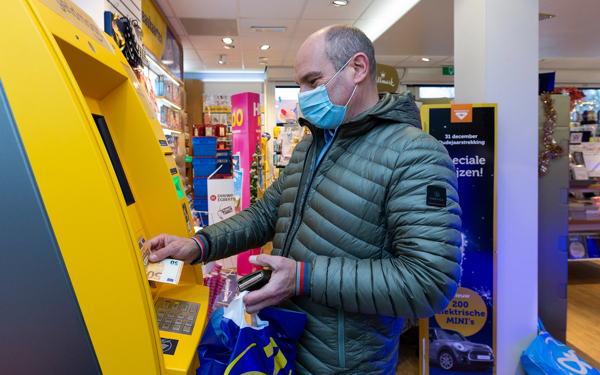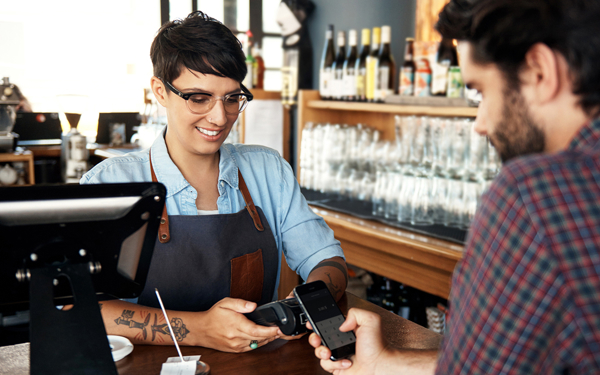What is needed for an electronic payment?
An electronic payment is sent via a digital medium, such as the internet. Both the payer and the recipient must have a payment account to which money can be credited or debited. In addition, both parties must have a way to make the payment. In case of a debit payment, the consumer needs a debit card or a smartphone with a payment app to initiate the payment. In addition, the retailer must have equipment to accept the payment. In a physical shop this is usually a payment terminal. In an online shop, the retailer must have an online checkout system that accepts one or more online payment methods, such as iDEAL or credit cards.
When someone pays, a process is started involving the following steps.
- Authentication: is the one who wants to pay also the owner of the account?
- Authorisation: is the means of payment valid and is there enough money in the account?
- Settlement: crediting and debiting of the amount and concluding the payment.
Every day, hundreds of thousands of payments are transferred between banks. All these payments are merged, and at the end of the day, the banks settle them in a single net transaction. This settlement process is changing with the introduction of instant payments.
Instant payments
Thanks to technological progress, electronic payments are getting increasingly faster and easier. For example, if a person or business transfers money via online or mobile banking, the amount is credited to the recipient's account within five seconds. These instant payments can be made every day of the week, at any time. Thanks to the large-scale introduction of instant payments in the Netherlands, we are now at the forefront in the euro area. The settlement process is changing with the introduction of instant payments. Since the individual payments are executed instantly, they no longer need to be merged and settled in a single net transaction.







